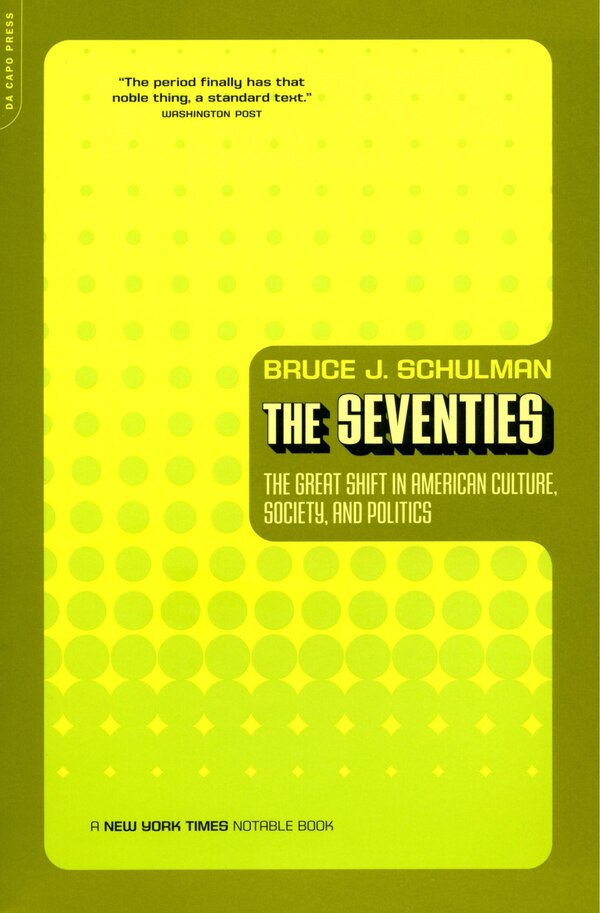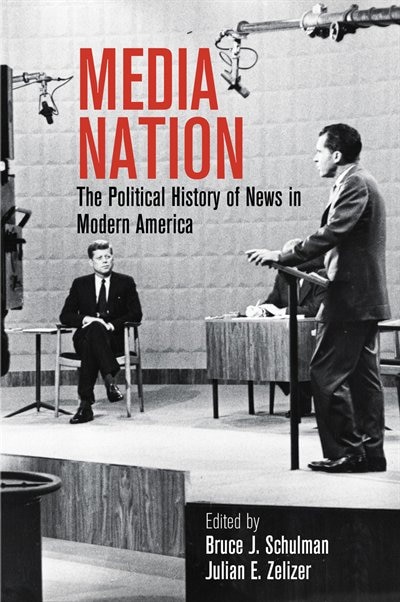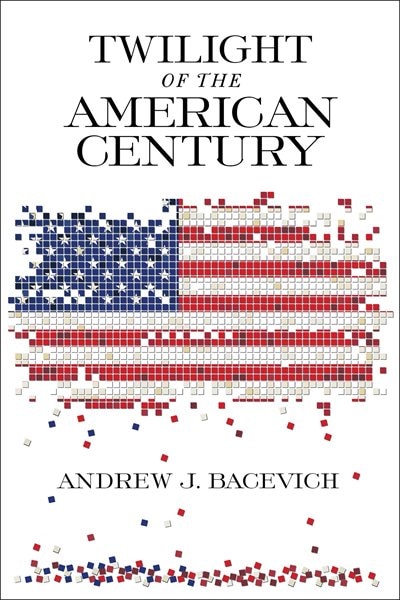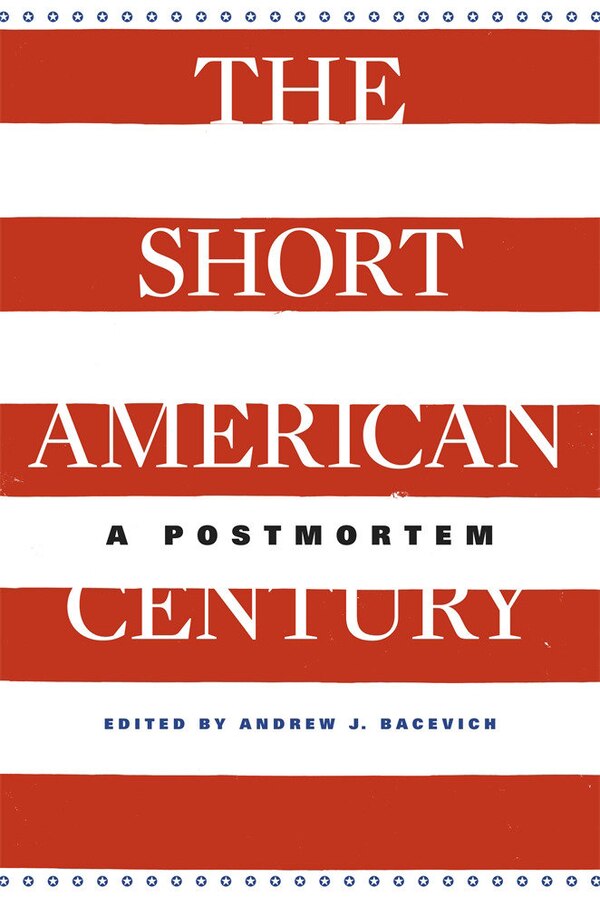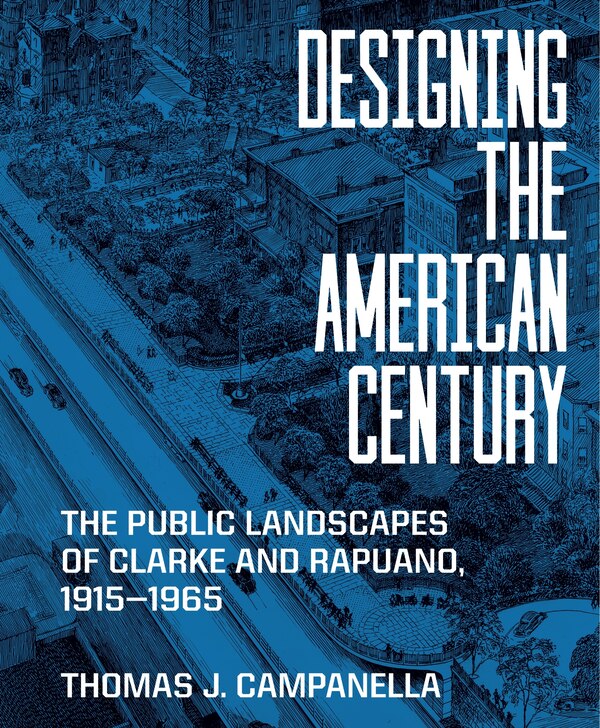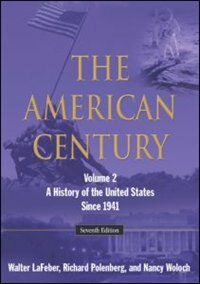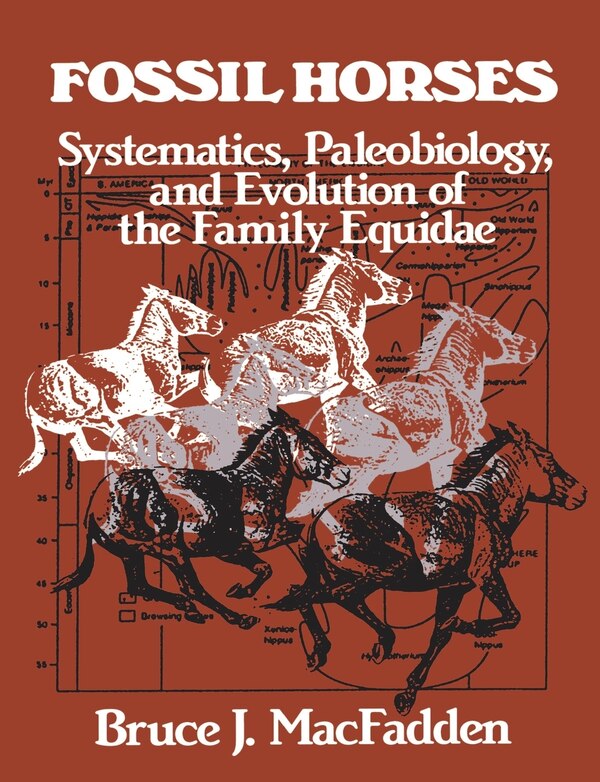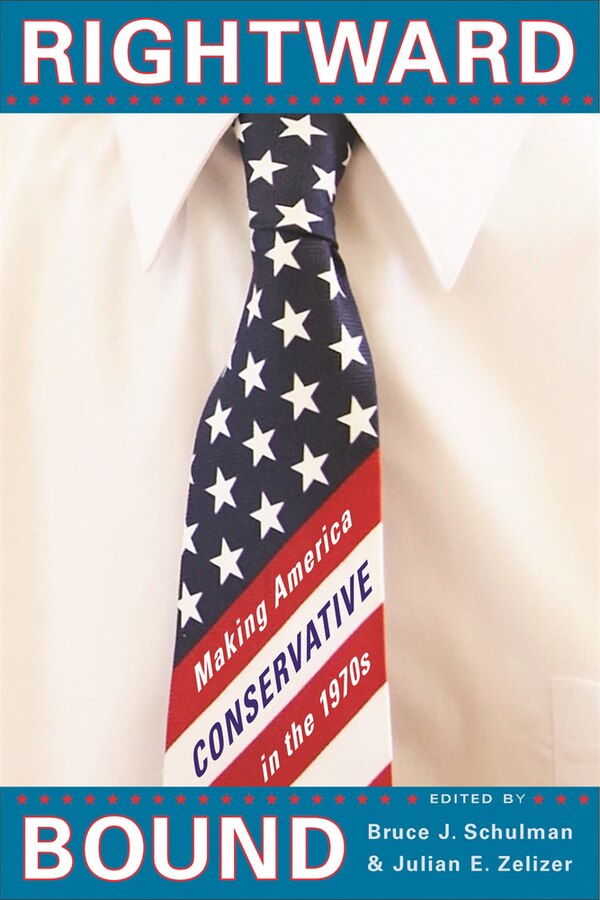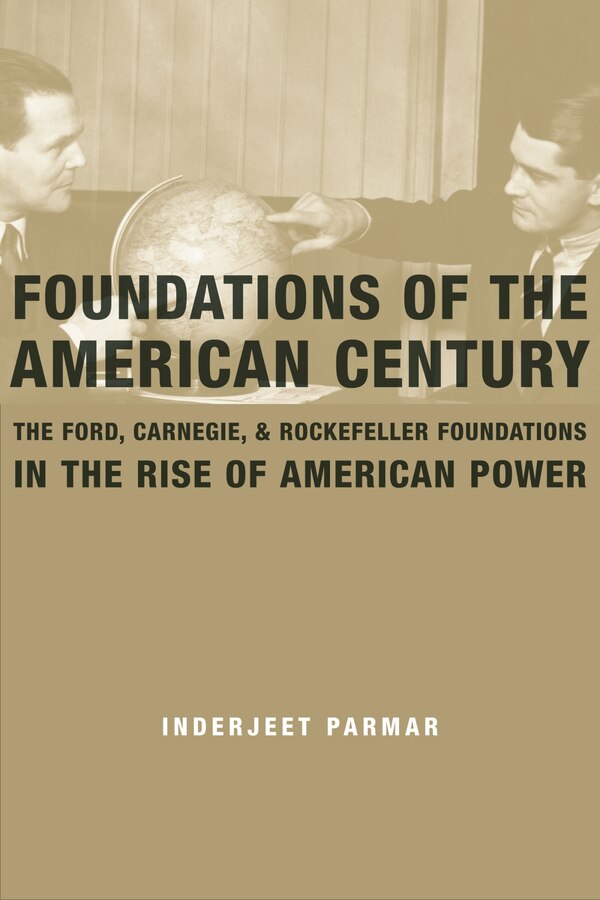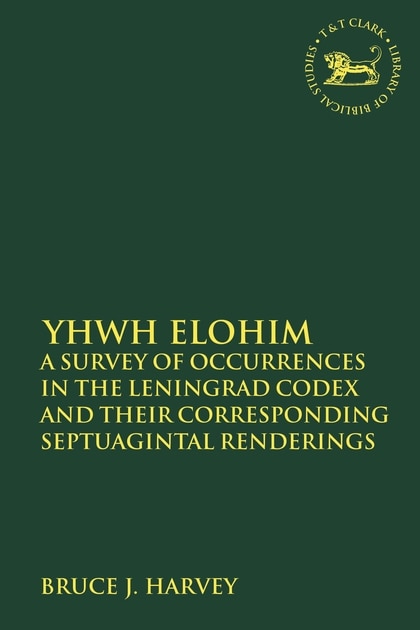
Gifting Made Simple
Give the Gift of ChoiceClick below to purchase a Bramalea City Centre eGift Card that can be used at participating retailers at Bramalea City Centre.Purchase HereHome
Making the American Century by Bruce J. Schulman, Paperback | Indigo Chapters
Coles
Loading Inventory...
Making the American Century by Bruce J. Schulman, Paperback | Indigo Chapters in Brampton, ON
From Bruce J. Schulman
Current price: $48.32
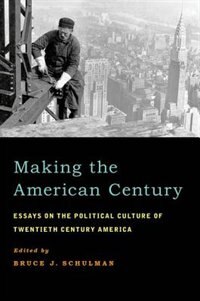
Coles
Making the American Century by Bruce J. Schulman, Paperback | Indigo Chapters in Brampton, ON
From Bruce J. Schulman
Current price: $48.32
Loading Inventory...
Size: 1 x 9.25 x 443
*Product information may vary - to confirm product availability, pricing, and additional information please contact Coles
The twentieth century has been popularly seen as the American Century, as publisher Henry Luce dubbed it, a long period in which the United States had amassed the economic resources, the political and military strength, and the moral prestige to assume global leadership. By century's end, the trajectory of American politics, the sense of ever waxing federal power, and the nation's place in the world seemed less assured. Americans of many stripes came to contest the standard Jeffrey Edward Green is Assistant Professor of Political Science at the University of Pennsylvania. The authorof scholarly essays on various topics including political apathy, disenchantment, and ignorance, Green has taught previously at Harvard and at Gothenburg University in Sweden.06The Eyes of the People examines democracy from the perspective of everyday citizens in their everyday lives. While it iscustomary to understand the citizen as a decision-maker, in fact most citiz ens rarely engage in decision-making and do not even have clear views on most political issues. The ordinary citizen is not a decision-maker but a spectator who watches and listens to the select few empowered to decide. Grounded on this everyday phenomenon of spectatorship, The Eyes ofthe People constructs a democratic theory applicable to the way democracy is actually experienced by most people most of the time. Imports the notion of the gaze to democratic theory. OPHI integration. Instead, the contributors tothis volume illustrate the ongoing dialectic between centrifugal and centripetal forces in the development of the twentieth century United States. The essays analyze a host of ways in which local places are drawn into a wider polity and culture. At the same time, they reveal how national andinternational structures and ideas repeatedly create new kinds of local movements and local energies. The authors also challenge the tendency to view American politics as a series of conflicts between liberalism and conservatism, which Arthur Schlesinger, Sr. and Jr. codified as the idea that American national politics routinely experienced roughly fifteen year periods of liberal reform followed bysimilar intervals of conservative reaction. For generations, American political history remained the story of reform, the rise and fall, triumphs and setbacks of successive waves of reformers - Jacksonian Democrats and abolitionists, Populists and Progressives, New Dealers and Great Society povertywarriors - and, recently, equally rich scholarship has explored the origins and development of American conservatism. The contributors do not treat the left and right as separate phenomena, as the dominant forces of different eras. Instead they assert the liberal and the conservative are always andessentially intertwined, mutually constituted and mutually constituting. Modern American liberalism operates amid tenacious, recurring forces that shape and delimit the landscape of social reform and political action just as conservatives layered their efforts over the cumulative achievements oftwentieth century liberalism, necessarily accommodating themselves to shifts in the instruments of government, social mores and popular culture. These essays also unravel a third traditional polarity in twentieth century U. S. history, the apparent divide between foreign policy and domestic politics. Notwithstanding its proud anti-colonial heritage and its enduring skepticism about foreign entanglements, the United States has been and remainsa robustly international (if not imperial) nation. The authors in this volume - with many formative figures in the ongoing internationalization of American history represented among them - demonstrate that international connections (not only in the realm of diplomacy but also in matters ofmigration, commerce, and culture) have transformed domestic life in myriad ways and, in turn, that the American presence in the world has been shaped by its distinctive domestic political culture. Blurring the boundaries between political, cultural, and economic history, this collective volume aims to raise penetrating questions and challenge readers' understanding of the broader narrative of twentieth-century U. S. history. | Making the American Century by Bruce J. Schulman, Paperback | Indigo Chapters
The twentieth century has been popularly seen as the American Century, as publisher Henry Luce dubbed it, a long period in which the United States had amassed the economic resources, the political and military strength, and the moral prestige to assume global leadership. By century's end, the trajectory of American politics, the sense of ever waxing federal power, and the nation's place in the world seemed less assured. Americans of many stripes came to contest the standard Jeffrey Edward Green is Assistant Professor of Political Science at the University of Pennsylvania. The authorof scholarly essays on various topics including political apathy, disenchantment, and ignorance, Green has taught previously at Harvard and at Gothenburg University in Sweden.06The Eyes of the People examines democracy from the perspective of everyday citizens in their everyday lives. While it iscustomary to understand the citizen as a decision-maker, in fact most citiz ens rarely engage in decision-making and do not even have clear views on most political issues. The ordinary citizen is not a decision-maker but a spectator who watches and listens to the select few empowered to decide. Grounded on this everyday phenomenon of spectatorship, The Eyes ofthe People constructs a democratic theory applicable to the way democracy is actually experienced by most people most of the time. Imports the notion of the gaze to democratic theory. OPHI integration. Instead, the contributors tothis volume illustrate the ongoing dialectic between centrifugal and centripetal forces in the development of the twentieth century United States. The essays analyze a host of ways in which local places are drawn into a wider polity and culture. At the same time, they reveal how national andinternational structures and ideas repeatedly create new kinds of local movements and local energies. The authors also challenge the tendency to view American politics as a series of conflicts between liberalism and conservatism, which Arthur Schlesinger, Sr. and Jr. codified as the idea that American national politics routinely experienced roughly fifteen year periods of liberal reform followed bysimilar intervals of conservative reaction. For generations, American political history remained the story of reform, the rise and fall, triumphs and setbacks of successive waves of reformers - Jacksonian Democrats and abolitionists, Populists and Progressives, New Dealers and Great Society povertywarriors - and, recently, equally rich scholarship has explored the origins and development of American conservatism. The contributors do not treat the left and right as separate phenomena, as the dominant forces of different eras. Instead they assert the liberal and the conservative are always andessentially intertwined, mutually constituted and mutually constituting. Modern American liberalism operates amid tenacious, recurring forces that shape and delimit the landscape of social reform and political action just as conservatives layered their efforts over the cumulative achievements oftwentieth century liberalism, necessarily accommodating themselves to shifts in the instruments of government, social mores and popular culture. These essays also unravel a third traditional polarity in twentieth century U. S. history, the apparent divide between foreign policy and domestic politics. Notwithstanding its proud anti-colonial heritage and its enduring skepticism about foreign entanglements, the United States has been and remainsa robustly international (if not imperial) nation. The authors in this volume - with many formative figures in the ongoing internationalization of American history represented among them - demonstrate that international connections (not only in the realm of diplomacy but also in matters ofmigration, commerce, and culture) have transformed domestic life in myriad ways and, in turn, that the American presence in the world has been shaped by its distinctive domestic political culture. Blurring the boundaries between political, cultural, and economic history, this collective volume aims to raise penetrating questions and challenge readers' understanding of the broader narrative of twentieth-century U. S. history. | Making the American Century by Bruce J. Schulman, Paperback | Indigo Chapters



